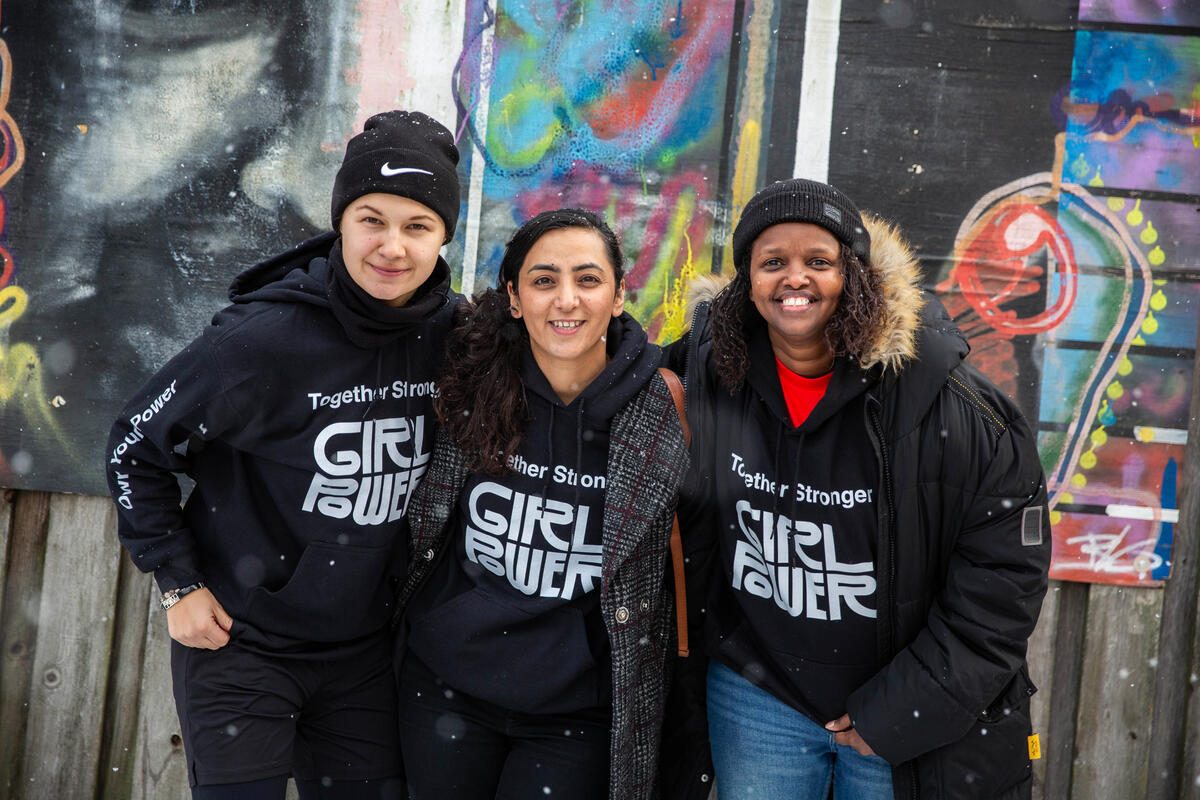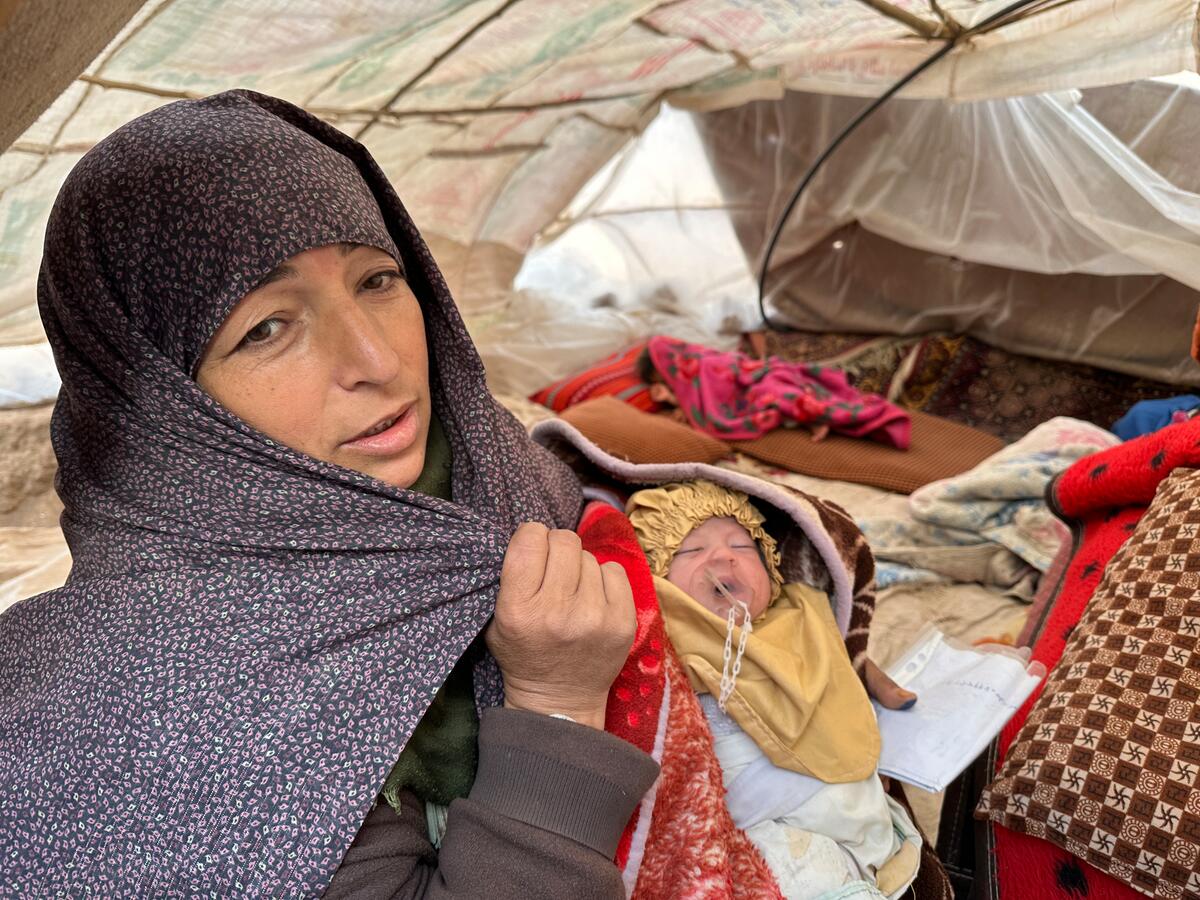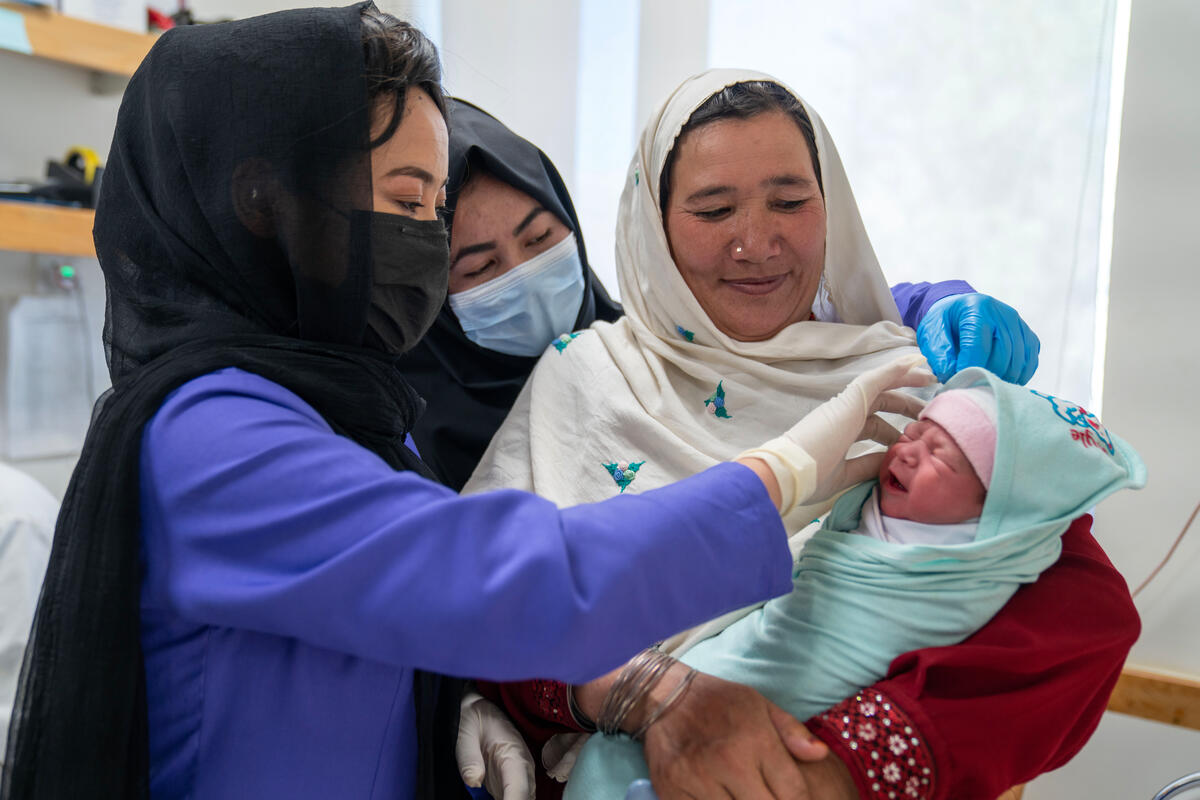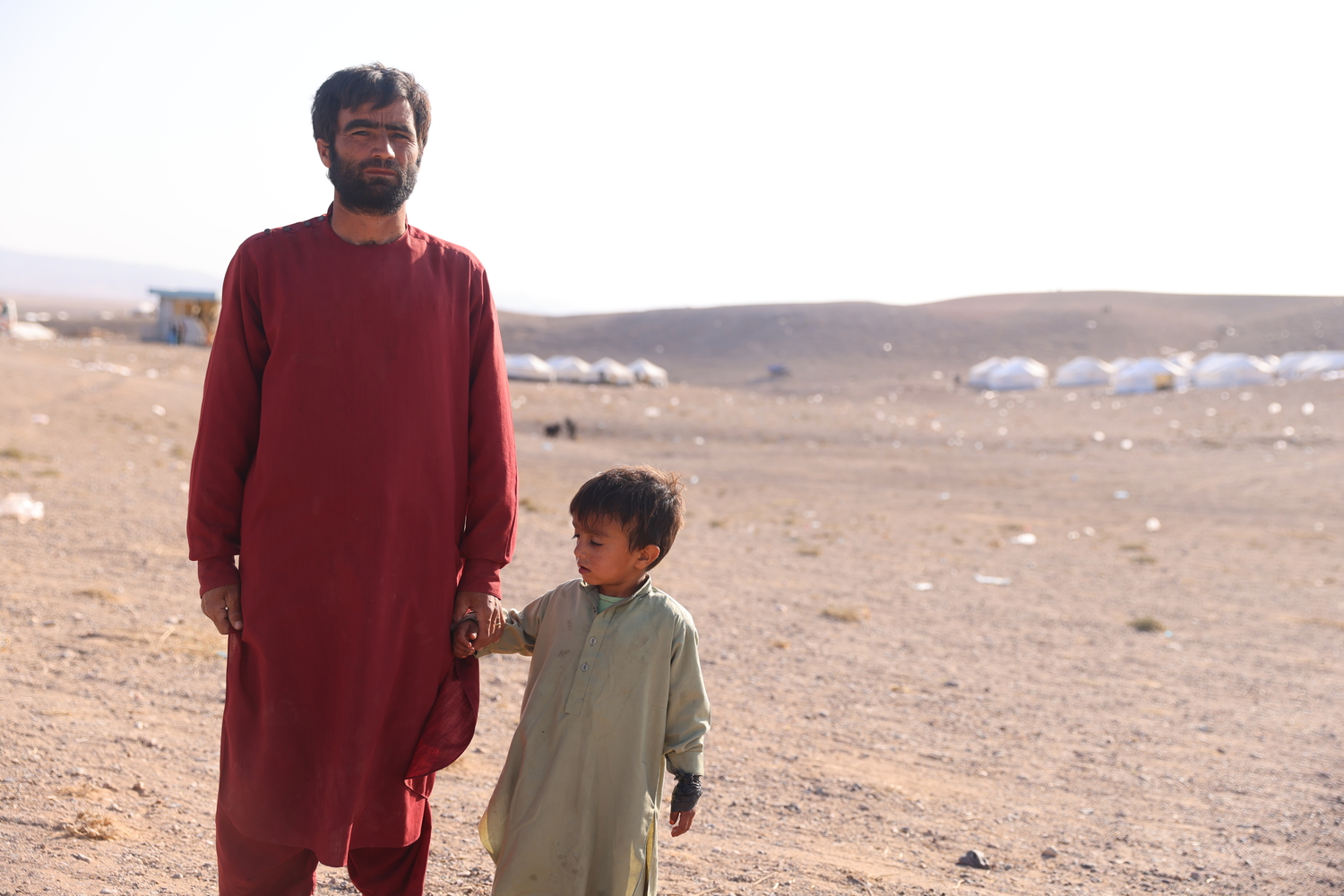Red carpet return for skilled Afghans from Pakistan
Red carpet return for skilled Afghans from Pakistan

ATTOCK, Pakistan, Sept 1 (UNHCR) - More than 3,000 Afghans are rolling up their carpets and packing up to go home this week from Pakistan's Attock city, bringing their renowned weaving skills back to Afghanistan.
On Thursday, some 500 Afghans in 125 families - most of them ethnic Turkmen - were registered for return by UNHCR mobile teams in Attock, 82 km outside the Pakistani capital, Islamabad. They were among the more than 3,000 Afghans registered to leave the city for Afghanistan between August 28 and September 3 under UNHCR's voluntary repatriation operation.
"We had made up our minds earlier this year to repatriate to Afghanistan before Ramadan and winter season with UNHCR assistance," said Abdul Rahim, who was heading back to Jawzjan province of Afghanistan. "Many of our carpet weaving setups have moved to Afghanistan during the last few years. This also means that our jobs are now in Afghanistan."
Attock is home to 38,892 mostly-Turkmen Afghans, according to a census of Afghans in Pakistan taken earlier this year. Some of them have been in Attock since 1979, after fleeing the Soviet Union invasion of Afghanistan. The census also showed that many of the Turkmen Afghans were self-employed in their small carpet-weaving factories, while Afghans of other ethnicities were mostly reported doing daily wage or labour work in Attock.
"All Turkman families who live here are remarkable carpet weavers and we were able to get a decent living out of the business," said Agha Mohammad as he loaded his family belongings on a truck bound for Baghlan in Afghanistan.
Sources say Afghans working in the carpet weaving setups at Attock earn an average of 2,500 rupees (US$41) for weaving a piece measuring one square foot.
"We had to calculate our move for voluntary repatriation from Pakistan so that we would be able to re-establish our carpet weaving set-ups in Afghanistan," Agha explained.
Since UNHCR started its voluntary repatriation programme from Pakistan in 2002, around 50,000 Afghans have been assisted to return from Attock, including more than 6,000 so far this year.
"The fact that the Turkman community in Attock is repatriating voluntarily to their homeland is encouraging as it indicates an increased confidence among Afghans to return home," said Indrika Ratwatte, UNHCR's Assistant Representative in Pakistan.
In a separate development, camp closures are continuing for the 27 refugee camps in the Kurram and Bajaur agencies of Pakistan's Federally Administered Tribal Areas (FATA). The Pakistani government had announced the camps would be closed on August 31, and offered camp residents a choice between repatriating to Afghanistan and relocating to another camp in Pakistan.
UNHCR has said it will continue assisting people who want to repatriate after the August 31 deadline. Some 72,000 Afghans out of more than 100,000 Afghans in these camps have returned home voluntarily so far.
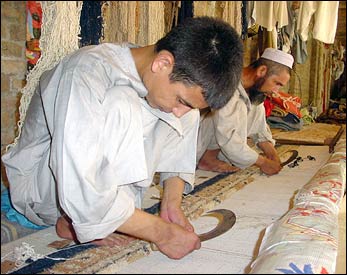
More than 2.6 million Afghans have left Pakistan under the UNHCR repatriation programme from Pakistan since 2002. This number includes over 300,000 who have returned to Afghanistan so far this year.
The returns are governed by a tripartite agreement between Pakistan, Afghanistan and UNHCR. The agreement, which was due to expire in March 2006, was extended to December 2006 by the three parties in a meeting held in Kabul earlier this week.
By Babar Baloch in Attock, Pakistan


